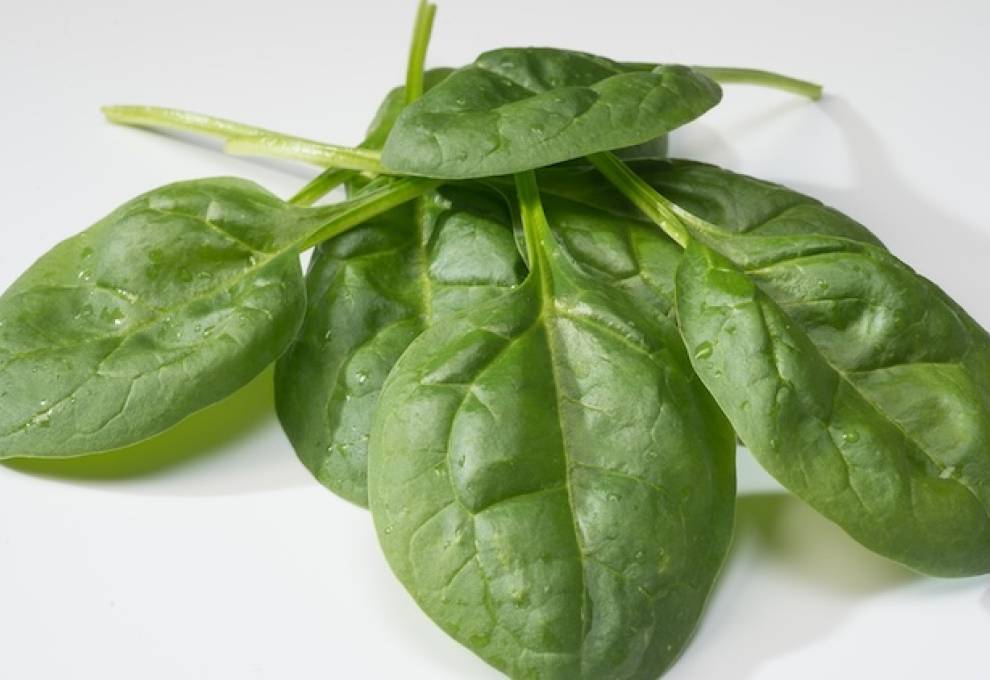
With a focus on dependable yield and advanced disease resistance, BASF’s vegetable seeds business, operating in the market under the Nunhems brand, offers a spinach portfolio that reflects years of research, breeding expertise and field-tested performance tailored to today’s production challenges.
As a key crop within the vegetable seed portfolio, BASF | Nunhems spinach offers top-quality genetics to help growers maintain profitability under increasingly complex conditions. One of the more significant threats spinach will face this season is downy mildew, caused by Peronospora effusa. That’s why BASF | Nunhems' experienced team of breeders and scientists work to stay ahead of shifting disease pressures.
BASF | Nunhems spinach varieties are integrated with a combination of premium traits, including vibrant colour, tender texture, fast-growth qualities and adaptability across different production environments. Through years of investment in research and development for resistance breeding, BASF | Nunhems' lineup now includes more than 10 spinach varieties resistant to Peronospora effuse in the U.S., giving growers more options and greater peace of mind for market production.
Beyond downy mildew, BASF | Nunhems varieties help growers combat additional challenges such as damping off, leaf spot, and white rust—all of which can damage crops and negatively impact the return on investment for growers.
“Spinach is one of the most dynamic crops in our portfolio,” said Philip Simons, senior spinach breeder at BASF | Nunhems. “Our process starts with a broad genetic foundation, including wild accessions from spinach’s center of origin in the mountains of Iran. This allows us to build in strong resistance while maintaining the visual and textural quality growers and consumers expect.”
This approach, backed by active participation in the International Working Group on Peronospora (IWGP), a group that works to identify downy mildew races and track the emergence of new, resistance-breaking isolates, allows BASF | Nunhems to stay ahead of emerging pathogen strains and keep spinach growers equipped with the best available tools. The company’s ability to respond quickly to new disease threats is rooted in its strong pre-breeding efforts and ongoing field performance evaluations.
As regulatory changes reduce access to certain seed treatments, genetic solutions are becoming even more critical. Simons emphasizes that it’s not just about choosing the right variety, it's also about diversification.
“We always recommend growers use multiple spinach varieties in the same field—even if they’re all from Nunhems,” said Simons. “That way, if a new isolate shows up that affects one variety, the others can still perform. Genetic diversity protects your yield and keeps you in business.”
Standout varieties such as NEMBUS, and Acrux, a newer option gaining traction for its resistance and consistency, continue to lead the market. As most spinach varieties phase out of production within four years due to evolving resistance needs, BASF | Nunhems' ability to deliver fresh, reliable genetics consistently year after year is what sets it apart.
Visit www.nunhems.com to learn more about the portfolio.
Source: BASF/Nunhems July 17, 2025 news release

